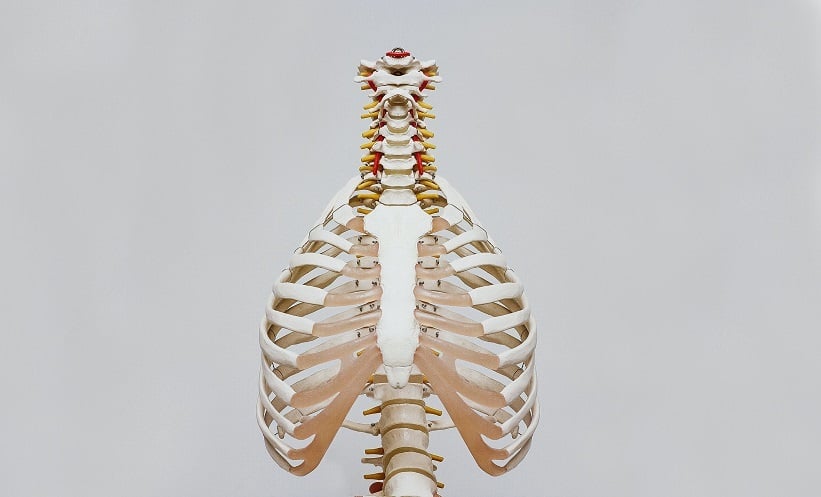SEVERE COVID-19 can lead to acute respiratory failure, necessitating mechanical ventilation. In patients for whom conventional mechanical ventilatory support has failed, extracorporeal membrane oxygen (ECMO) may be used. Previous trials have focused on the survival of individuals undergoing ECMO as well as the survival to discharge. A novel study by Deane E. Smith, NYU Langone Health, New York City, New York, USA, and collaborators advanced this field by reporting not only survival to discharge, but also 1-year follow-up data for those who were successfully discharged from hospital.
Smith et al. identified 415 patients who were admitted to the intensive care unit of NYU Langone Health with COVID-19 between March 10th–May 1st 2020. Although the majority of patients in the intensive care unit had been intubated for mechanical ventilatory support, this technique may actually increase the risk of further lung damage. Conversely, venovenous ECMO can facilitate a reduction of ventilator support, thereby minimising ventilator-induced lung injury. For this reason, 80 patients were evaluated for venovenous ECMO, with 30 ultimately receiving this therapy.
In total, 28 patients that received venovenous ECMO survived. These individuals were hospitalised and supported on ECMO for a median of 45 days and 19 days, respectively. Significantly, 27 patients were discharged either to their homes or to acute rehabilitation.
At a median follow-up of 10.8 months from the ECMO cannulation, survival was 86.7%, including one patient who underwent a lung transplantation. Furthermore, a 6 minute walk test was performed in 16 of the 27 survivors, with a median value of 350 m.
Smith highlighted the relevance of the research findings: “Our work suggests that with appropriately selected patients and aggressive management strategies, the use of ECMO support for severe COVID-19 can result in exceptional early survival, and these patients who leave the hospital without the need for oxygen therapy are very likely to remain alive and well 1 year later.”








